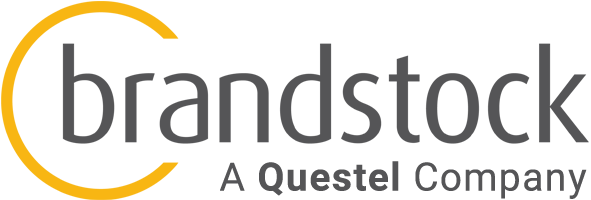4 Good Reasons to Outsource IP Docketing
For many business with intellectual property, the cost of IP docketing can become financially draining on its resources. In cases where a business is continuously expanding its IP portfolio, the resources required to manage the docketing process will also grow with the portfolio. In this article, we’ll take a look at some of the benefits of outsourcing this area of IP management.
Stop forgetting steps or wasting time:
GET our FREE CHECKLIST for IPR PROTECTION & ENFORCEMENT
What is IP docketing?
Companies and law firms use IP docketing to track the due dates on trademark applications. Each trademark application will have multiple due dates depending on its requirements; an error or a missed deadline can result in a substantial cost to the company. In this way, docketing programs need to be managed carefully by legal specialists.
How does docketing work?
A docketing system can be set up either by the company or the legal firm representing them. Nowadays, a docketing system is usually a set of automated tools, which uses a database of country-specific laws to determine the relevant due dates throughout the lifecycle of a trademark. An application is then entered into the docketing system by a legal person and monitored in the system throughout the process.
Why should I outsource IP docketing?
There are a few reasons to outsource your docketing requirements to an external legal services provider.
1. Access to specialist tools
The cost of purchasing docketing program tools is prohibitive for many businesses. They are generally expensive to purchase because the cost to develop well-built docketing systems is very high. After purchasing the system, it requires constant support from the software developer to ensure that country-specific laws are kept up-to-date. The software developer also bears the high costs of liability insurance in case a software error does result in costly issues for a user.
2. Access to knowledgeable and experienced users
By working with a legal services provider, you will have access to experienced specialists that deal with IP docketing programs every day. Given the potentially high cost of human error, it’s important that your docketing program is managed by an expert with knowledge and experience of the advanced tools you may require.
When a trademark application is entered into the docketing system, it is imperative that they enter the correct information because errors can be very costly to a business. Likewise, it is important to use a well-built docketing system as human error can occur on the software development side, which can also be equally costly to a business. For example, if a system calculates a due date as “1 month” instead of “30 days”, the deadline for an application could potentially be missed.
3. Reduce costs and resources
As mentioned above, selecting a high-quality docketing system can be difficult and expensive, which can be a drawback for your business as your options will be limited. In any case, docketing systems also require constant monitoring and updates on the backend to ensure that the software and information are up to date. This means you would need to hire in-house specialists, which can also be expensive. If your docketing system is not managed correctly, it can result in even further costs to your business due to the errors mentioned above.
A legal services provider will generally use a high-quality docketing system that is set up for international trademark applications. They will also have IP portfolio specialists that are on-hand to manage any tasks associated with your applications. In this way, your business can offload the costs and resources required to manage an IP docketing system.
4. Timely responsiveness
When you input a trademark application through an IP docketing system, it requires a legal representative to pay constant attention to its progress. They also need to be ready to respond to any deadlines and changes to applications because any delay can result in high costs to a business. This is especially important when an IP asset puts your business ahead of your competitors.
Using a designated legal services provider, you can ensure that your trademark applications are carefully managed by an IP specialist without putting unexpected burdens on your business resources.















